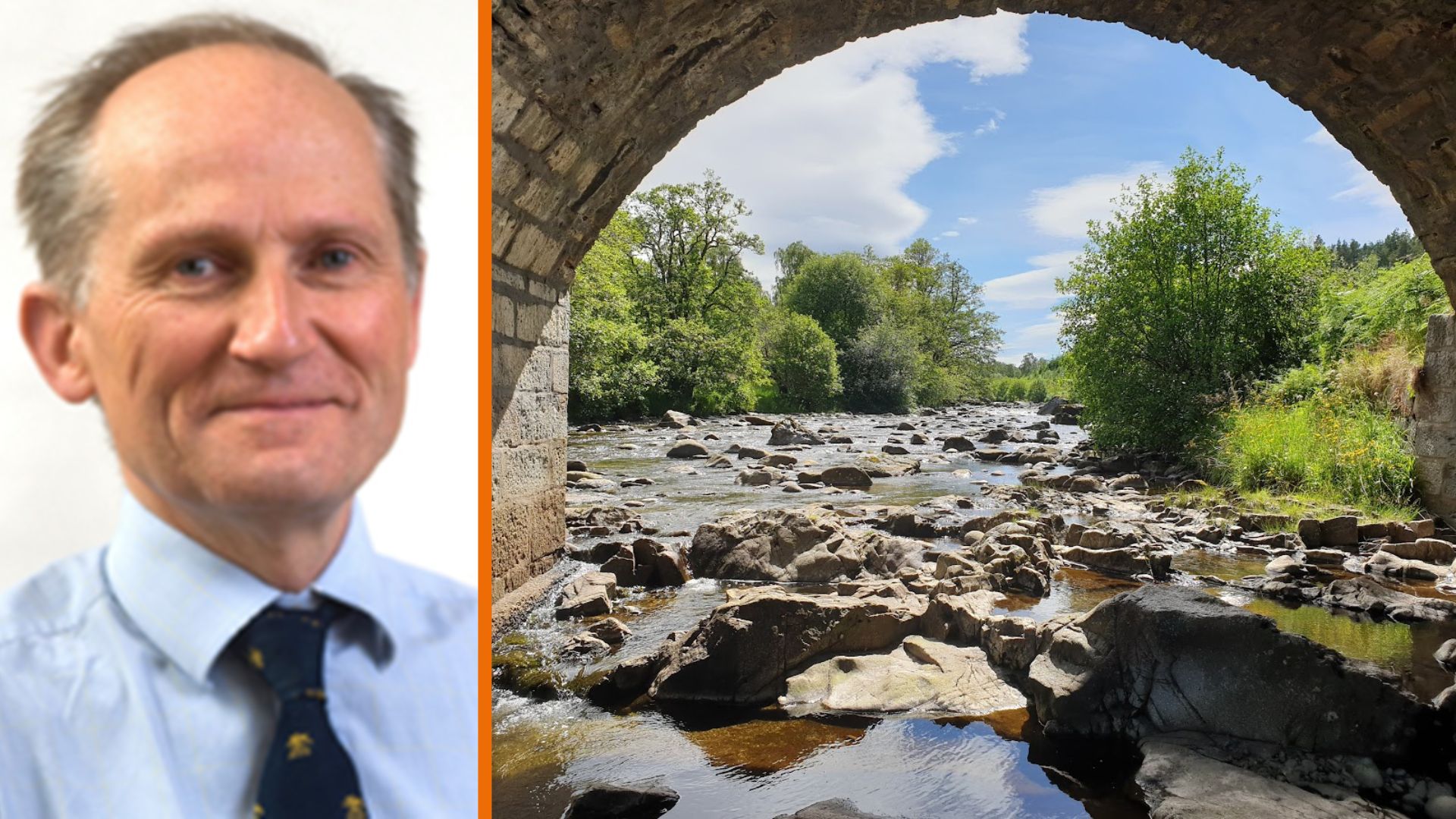The airwaves are full of a deep discontent in the state of our rivers. David Attenborough, Paul Whitehouse, Feargal Sharkey voice their concerns; Surfers against Sewage (SAS), Greenpeace and at least one newspaper are running campaigns to highlight the issues. The general public are unhappy, and have found their voice.
Only 14% of the England’s rivers meet good ecological status (Environment Agency) and all England’s rivers fail to meet the EA’s chemical standards.
At present, the main focus of all this attention is the water companies. Privatised in England and Wales over 30 years ago and highly profitable, they stand accused of a lack of investment in infrastructure which is now overloaded. As a result, overflows discharge raw sewage into rivers and seas during times of high rainfall. We can expect little sympathy for shareholders’ dividends and chief executives’ bonuses as long as water companies fail in their responsibilities to the environment.
But agriculture affects 60% of those failing rivers, according to The Rivers Trust. Although we do not know precisely to what extent farming is a contributor to this, it is not escaping this scrutiny; Paul Whitehouse drew attention to it in the BBC’s recent “Our Troubled Rivers” programme; we know that nutrient neutrality problems can be caused by fertiliser and manure run-off, not solely by our water and sewage system.
Now the National Trust, RSPB and WWF have criticised Therese Coffey, the Environment Secretary, arguing that the government’s recently published Plan for Water allows farmers to continue to pollute rivers.
As a result, farmers should expect to come under increasing pressure to improve their environmental performance. Rightly or wrongly, they are likely to face a similar lack of sympathy. The Basic Payment Scheme has supported farmers in a general way, without requiring them to take concerted environmental action. As BPS is phased out (completely by 2028) and support is provided instead by ELMS, farmers will need to be able to demonstrate their environmental credentials.
The risk is that having provided financial incentives, government will prove increasingly unsympathetic to farmers who have not taken up this support. If farmers are shown to be polluting, they are likely to come under pressure from those same lobbying groups and their vital role in food production will be ignored. Taxpayers are voters, and politicians will pander to them before supporting food producers who ignore the cost of damage to the environment.
However, the new farm support mechanisms provide immense opportunity. With the established regime they include the following – together they warrant serious attention from farmers:
- Countryside Stewardship;
- Landscape Recovery;
- Productivity and infrastructure grants;
- Species Recovery Programme Capital Grant Scheme;
- ELMS – Environmental Land Management Scheme.
At Galbraith, we can help farmers and landowners to identify the best support structures to suit their individual property.
- Natural Capital: Galbraith’s expert advisers guide our clients in realising value in all land uses – by assessing and measuring natural assets, furthering opportunities in biodiversity net gain, and ensuring stakeholders are rewarded fully for their investment in and contribution to delivering ecosystem services and net-zero outcomes.
